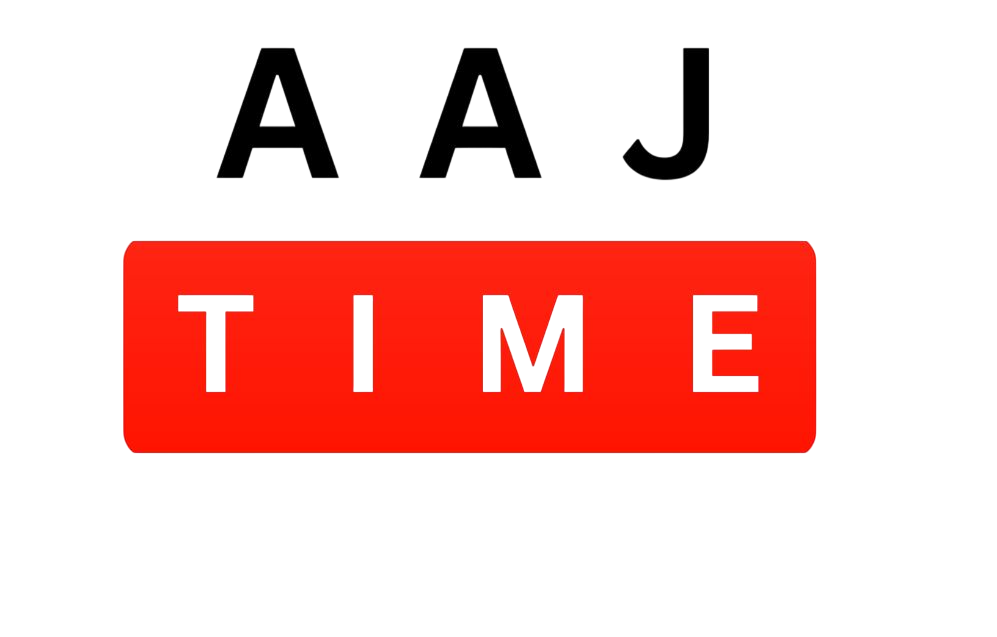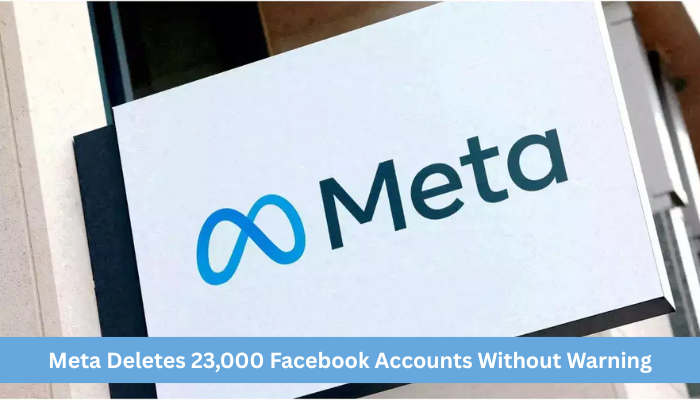Meta has taken strong action against a massive fraudulent network on its platform, taking down over 23,000 Facebook pages and accounts that mainly considered the Indian and Brazilian users as targets. These malicious entities created very sophisticated ruses, even employing deepfake technology to pose as celebrities and financial influencers who were undertaking the advertisement of scam investment schemes and gambling websites.
Modus Operandi of the Scammers
Each fake scam was elaborately crafted to mislead innocent users. In deepfakes, scammers used famous figures such as personal finance content creators, cricketers, and business personalities to falsely endorse sketchy investment apps and gambling platforms.
Clicking on the social media posts would redirect users to messaging apps such as WhatsApp or Telegram for “exclusive investment tips.” Apart from that, unhappy users could be taken to a fake site that mimicked the Google Play Store, where they would be asked to install malware.
Types of Scams Identified
Meta’s investigation uncovered several prevalent scam types:
- Investment Scams: Promises of high returns on investments in cryptocurrency, real estate, or stocks, often endorsed by fake personas or deepfakes of celebrities.
- Advance Payment Scams: Fraudsters posing as sellers on platforms like Facebook Marketplace, requesting upfront payments for goods that are never delivered.
- Overpayment and Refund Scams: Scammers overpay for an item using fake receipts and then request a refund, subsequently reversing the original (non-existent) payment to profit from the refund.
Meta’s Countermeasures

In response to these threats, Meta has implemented several measures:
- Account and Page Removal: Over 23,000 Facebook pages and accounts associated with these scams have been taken down.
- Enhanced Security Tools: Introduction of scam alerts in Messenger and educational resources across Facebook, Instagram, and WhatsApp to help users identify and avoid fraudulent activities.
- Using Facial Recognition Technology: This involves the usage of facial recognition technology as a method to curb the exploitation of images of celebrities in various scamming processes.
- The Collaboration with Authorities: Engaging in joint action with such Indian governmental bodies as the Department of Telecommunications, Department of Consumer Affairs, and Indian Cyber Crime Coordination Centre
User Safety Recommendations

Meta advises users to remain vigilant and offers the following tips to avoid falling victim to such scams:
- Verify Sources: Always confirm the authenticity of investment opportunities and endorsements, especially those involving public figures.
- Be Skeptical of High Returns: Exercise caution with schemes promising quick and substantial profits with minimal risk.
- Use Official Channels: Download apps only from verified sources like the official Google Play Store or Apple App Store.
- Report Suspicious Activities: Utilize Meta’s reporting tools to flag dubious content or accounts.
Conclusion
With such a big crackdown, it’s evident that online scams are getting more sophisticated, so one will need to be an inch ahead to protect the user. The company is involved in continuous competition against stronger enforcement action and better security protocols to maintain a safer digital space while taking down thousands of fraudulent accounts. Involving themselves greatly is suggested for users-rightly being aware and cautious in the use of anything available to them for their protection.
Also Read : Adam Mosseri’s Chat With Indian Creators: Why Instagram Isn’t Paying Yet?
Frequently Asked Question
1. Why did Meta delete 23,000 Facebook accounts and pages?
Answer: Meta identified these accounts and pages as part of a large-scale fraudulent operation. They were being used to scam people by promoting fake investment schemes and gambling apps, especially targeting users in India and Brazil.
2. What kind of scams were these accounts running?
Answer: The scams included:
- Fake investment schemes in cryptocurrency, real estate, or stock markets
- Gambling promotions
- Deepfake videos of celebrities endorsing fraudulent apps
- Overpayment and refund scams on Facebook Marketplace
- Advance payment scams with false product listings
3. What are deepfake videos, and how were they used in this scam?
Answer: Deepfake videos are AI-generated videos that mimic real people’s faces and voices. In this case, scammers used deepfakes of celebrities, YouTubers, and business figures to falsely endorse investment and gambling apps, tricking users into believing they were real endorsements.
4. How were users being trapped into these scams?
Answer: Users were first shown social media ads or posts with fake offers. Then:
- They were directed to WhatsApp or Telegram
- Advised to invest in certain apps
- Redirected to fake websites resembling Google Play Store
- Tricked into downloading malicious apps or sending money
5. How is Meta protecting users from such scams now?
Answer: Meta has taken the following steps:
- Removed 23,000+ fake accounts/pages
- Implemented scam alerts in Messenger
- Introduced facial recognition tools to detect deepfakes
- Increased warnings when suspicious accounts request payment
- Partnered with Indian government bodies to improve online safety











